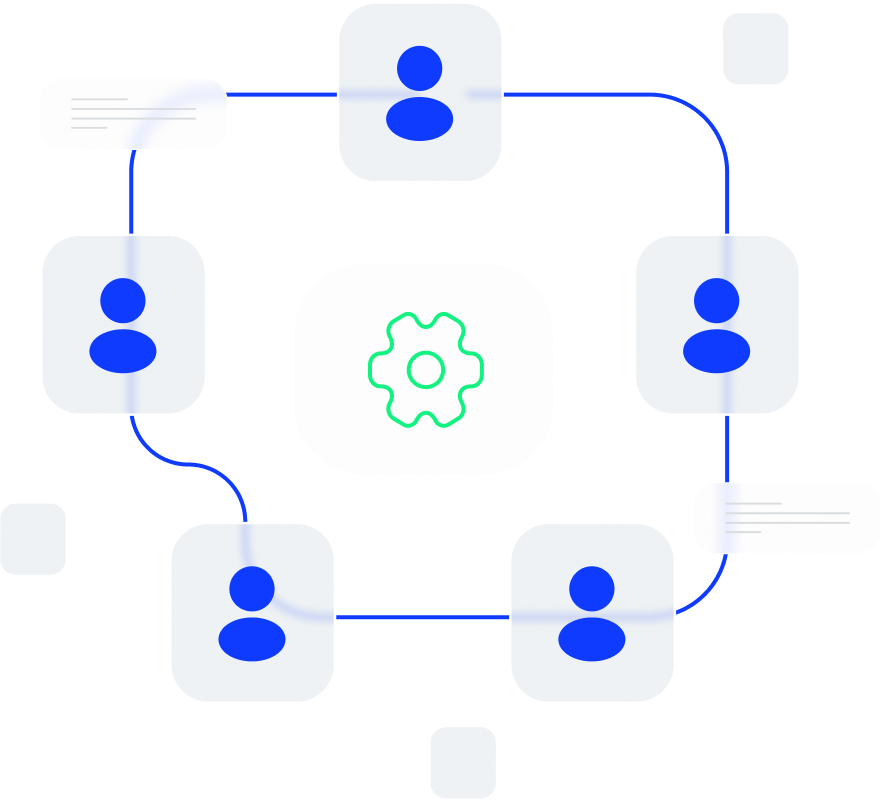Explore real-world scenarios where AMLTRIX empowers compliance teams, streamlines investigations, and enhances detection. Dive into the examples below to see it in action and uncover specific use cases tailored to your needs.
Leverage AMLTRIX adversarial techniques and indicators to enhance both rule-based and model-driven monitoring.
Compliance teams and data scientists can integrate AMLTRIX's structured objects into existing detection rules or machine learning models. This allows rapid scenario refinement without starting from scratch, enabling dynamic adaptation to evolving typologies. Institutions can also test feature weights against real-world adversarial tactics to boost precision.
Significantly improves the accuracy and agility of financial crime detection across diverse monitoring systems.
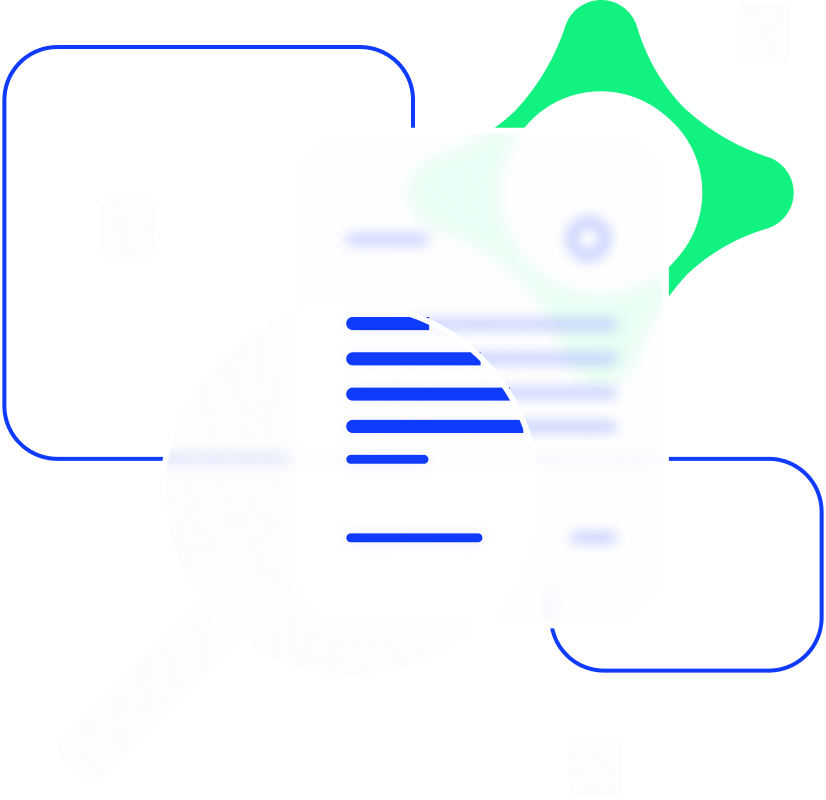
Adopt AMLTRIX’s structured knowledge to unify investigative workflows, reduce duplicative tasks, and strengthen operational consistency—complement your institution’s unique risk-based approach.
Institutions can embed AMLTRIX’s techniques, red flags, indicated risks directly into case management systems and alert triage protocols. This ensures analysts follow a consistent investigative path, while minimizing manual lookups, rework, or fragmented documentation. Cross-team handoffs also become smoother, as everyone operates from the same structured intelligence base.
Drives efficiency, clarity, and consistency across AML operations while supporting scalable, risk-aligned decisions.

Link laundering techniques to specific risk categories—such as product, channel, or geography—to better focus resources on key vulnerabilities.
Risk assessment teams can enrich their frameworks by incorporating AMLTRIX’s mapped techniques - this enables institutions to recalibrate inherent risk scores with real-world threat intelligence, tailoring controls to where exposure is highest.
Improves the precision and relevance of enterprise-wide risk assessments, enabling more targeted mitigation strategies.
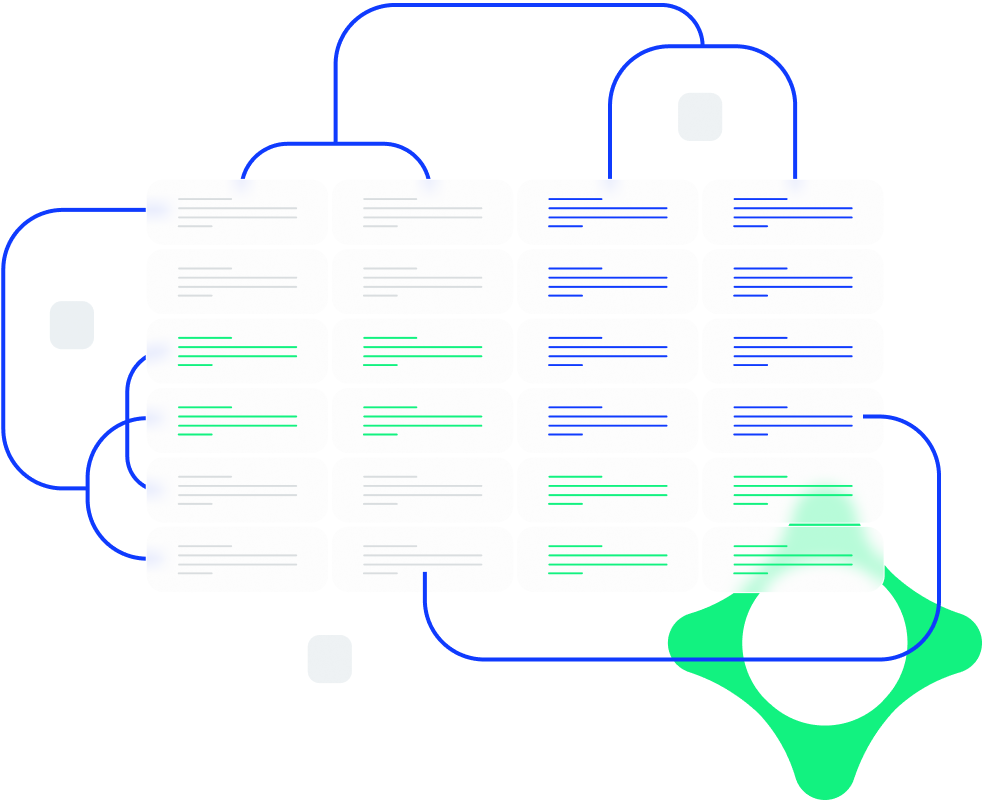
Ensure analysts, investigators, and data scientists use consistent definitions of illicit behaviors, reducing confusion and improving cross-team analytics.
AMLTRIX provides a shared taxonomy for labeling suspicious behaviors which can be embedded into alert systems, data pipelines, and case management tools. This standardization eliminates ambiguity in typology interpretation, enabling cleaner datasets for model training and more aligned decision-making during investigations.
Enables clearer communication and more accurate, scalable analytics across compliance and data functions.
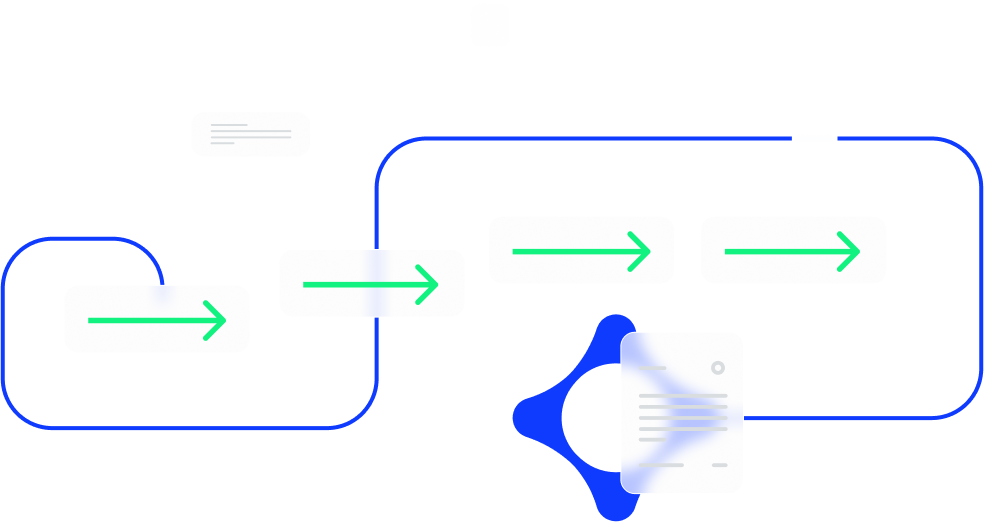
Provide your staff with a structured reference of known money laundering tactics, ensuring a shared understanding and quicker onboarding.
AMLTRIX offers a centralized knowledge base of adversarial tactics, techniques, red flags that can be embedded into training modules or onboarding guides. New team members can quickly grasp real-world laundering patterns, while experienced staff benefit from consistent terminology and examples during internal workshops or refresher sessions.
Accelerates staff readiness while promoting alignment and confidence across investigative and compliance teams.
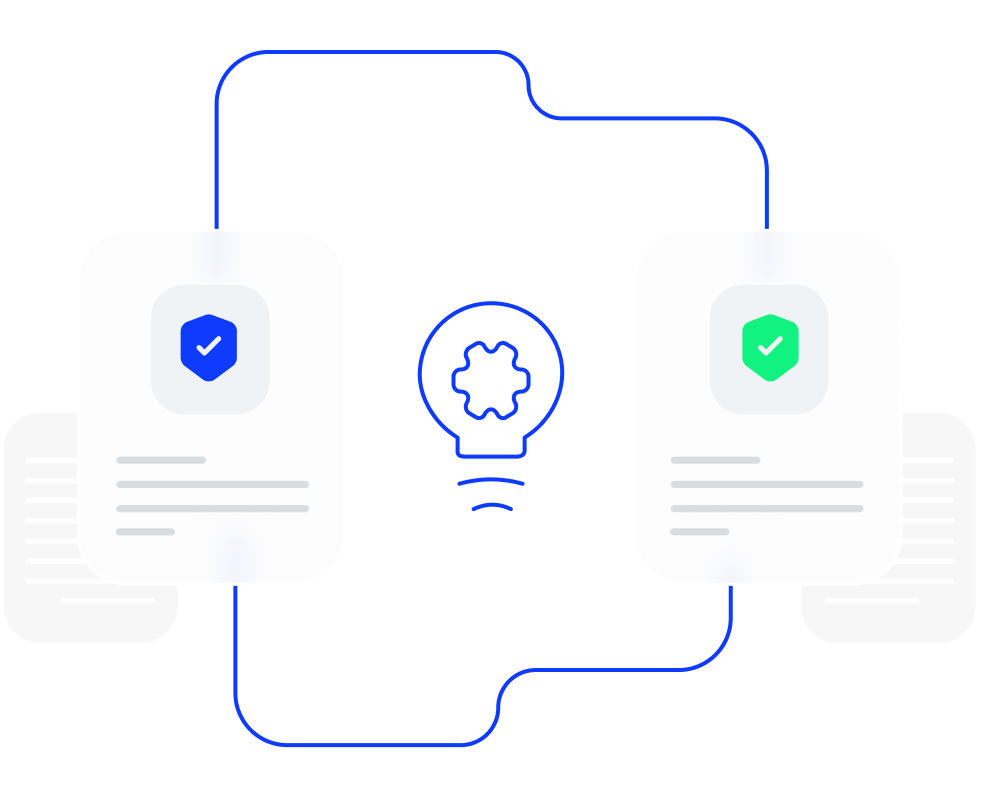
Use AMLTRIX as a common reference point to discuss emerging laundering methods with external partners without revealing sensitive institutional or client information.
Financial institutions, regulators, and technology providers can reference AMLTRIX's techniques and indicators to jointly analyze new laundering trends. This enables proactive dialogue and coordination around novel threats without disclosing proprietary data or customer specifics.
Fosters safer, intelligence-driven collaboration on evolving risks while preserving confidentiality.
